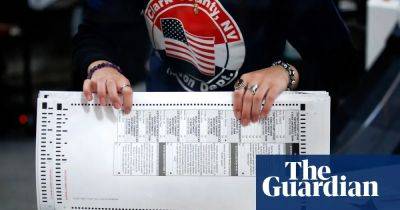Yes, TikTok sucks. But the rules for tech giants must be better than ‘it’s only bad if China does it’
What year is it? All this talk of a TikTok ban makes it feel like 2020 again.
But this time it might eventuate. Last week the US House of Representatives passed a bill that would require TikTok’s China-based parent company, ByteDance, to sell to a US company or face a national “ban”. Time will tell if it will pass the Senate, but this is the closest the US has come to a national ban since Donal Trump floated the idea four years ago.
More broadly than TikTok, the bill would allow the US president to designate non-US social media apps as national security threats, forcing them to ensure they have no ties to a “US adversary” within six months. That’s a pretty incredible precedent to set. In addition to constitutional concerns about free speech, it flies in the face of notions of a free and open web, instead exacerbating US techno-imperialism.
On its face the prospect of a ban appears to be a result of a steady thrum of discontent and frankly, moral panic, about TikTok. (It’s important to remember that not all of these concerns are organic – in 2022 Meta paid for an astroturf campaign to sow distrust and turn sentiment against its rival.)
And, to be fair, TikTok sucks for lots of reasons: it’s a privacy nightmare; its recommender system takes users down harmful content rabbit holes and can facilitate the “filter bubble” effect; it’s full of influencers and scammers and misinformation; it has a track record of bad content moderation decisions. But show me any major social media platform that doesn’t share that rap sheet.
But it’s not really about these issues, it’s about protecting US global technological hegemony. This is happening within the context of China’s growing tech industry, and tensions that some are calling a new cold







